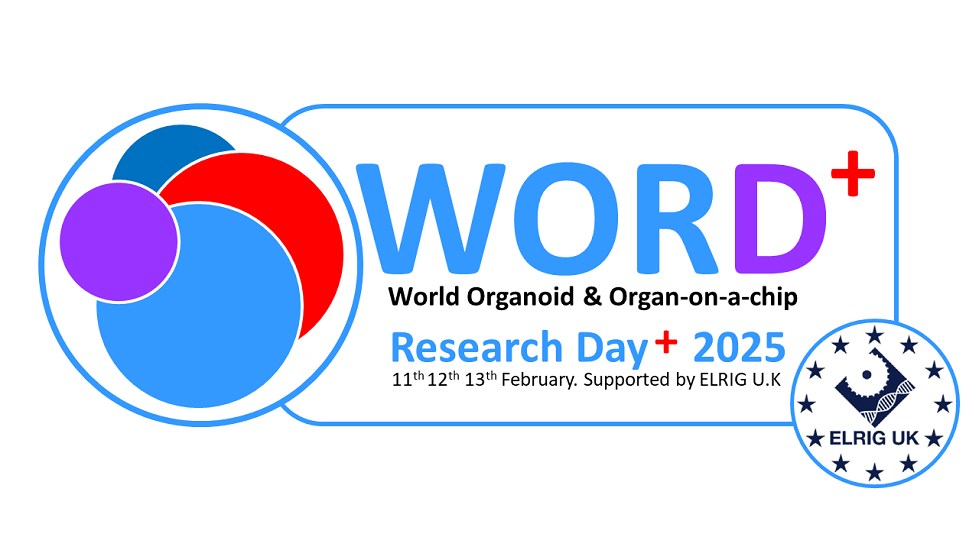Authors
M Meyer1; P Sirugue1; V Anstett1; A Roch1; F Piraino1; V Garnier1; D Hoehnel1; N Brandenberg1;
1 Doppl SA, Switzerland
Overview
Organoids and microphysiological systems have emerged as powerful tools for modeling human gut physiology and diseases in-vitro. However, although physiologically relevant, these systems often lack spatial organization, cell-type diversity, and maturity necessary for mimicking intestinal mucosa.
Introduction
We integrated organoid and organ-on-a-chip technologies to develop a primary human stem–cell-derived perfusable organoid model closely resembling the in-vivo cell-type composition and the native architecture of the intestine.
This innovative platform facilitates access to both luminal and basal sides, promoting tissue longevity by removing shed cells and promoting enhanced cellular differentiation.
Methods
Here we introduce a reproducible approach to generate a physiologically mature, human perfusable intestinal organoid system, cultured for up to 15 days.
Results
We confirm the cellular heterogeneity of the native intestine as well as the presence of a prominent brush border using immunofluorescence while our standardised barrier integrity assay show leak-tight and stable barrier. Our model can be used for a wide range of applications encompassing studies on nutrient absorption, disease modelling, gut microbia and drug screening.
Conclusion
Our technology could be expanded to generate microtissues derived from other organs and incorporate additional microenvironmental components, thus emulating the intricate complexity of the native organ in an in-vitro setting. These bioengineered perfusable organoids provide a highly accurate, and functional platform to systematically study human organ physiology and pathology, and for the development of novel therapeutic strategies.

